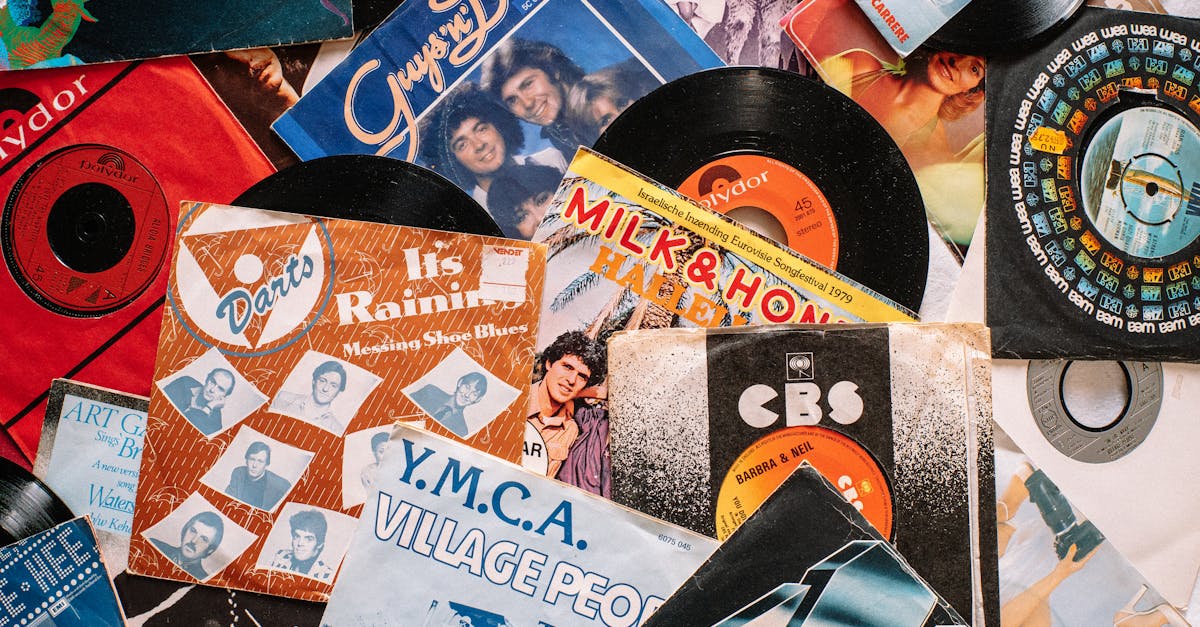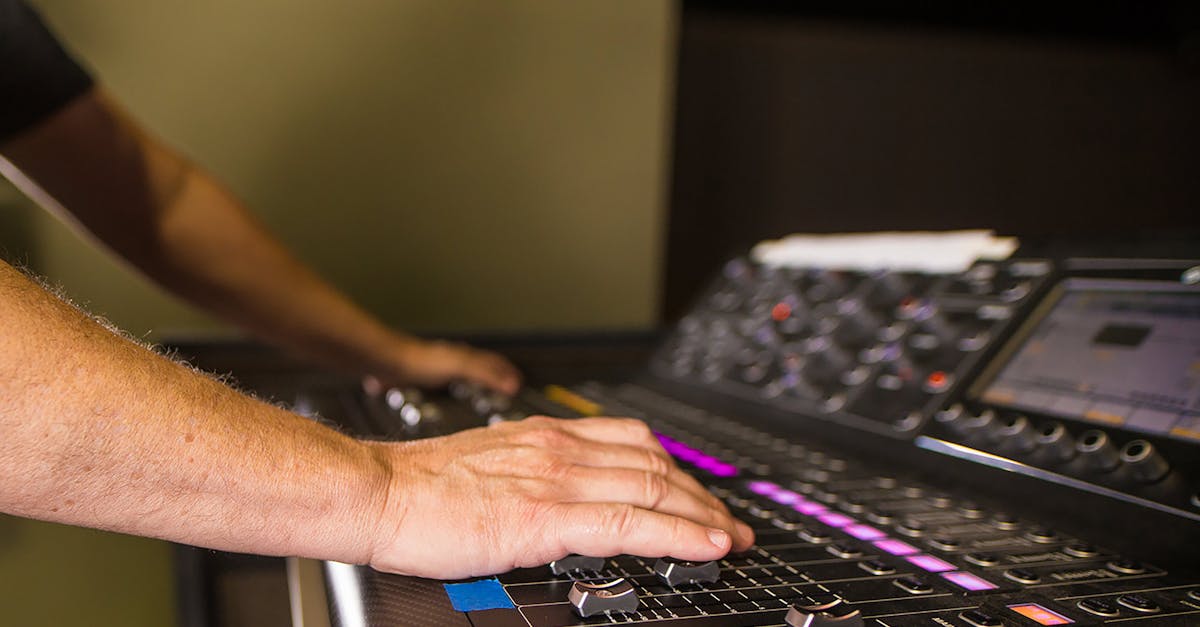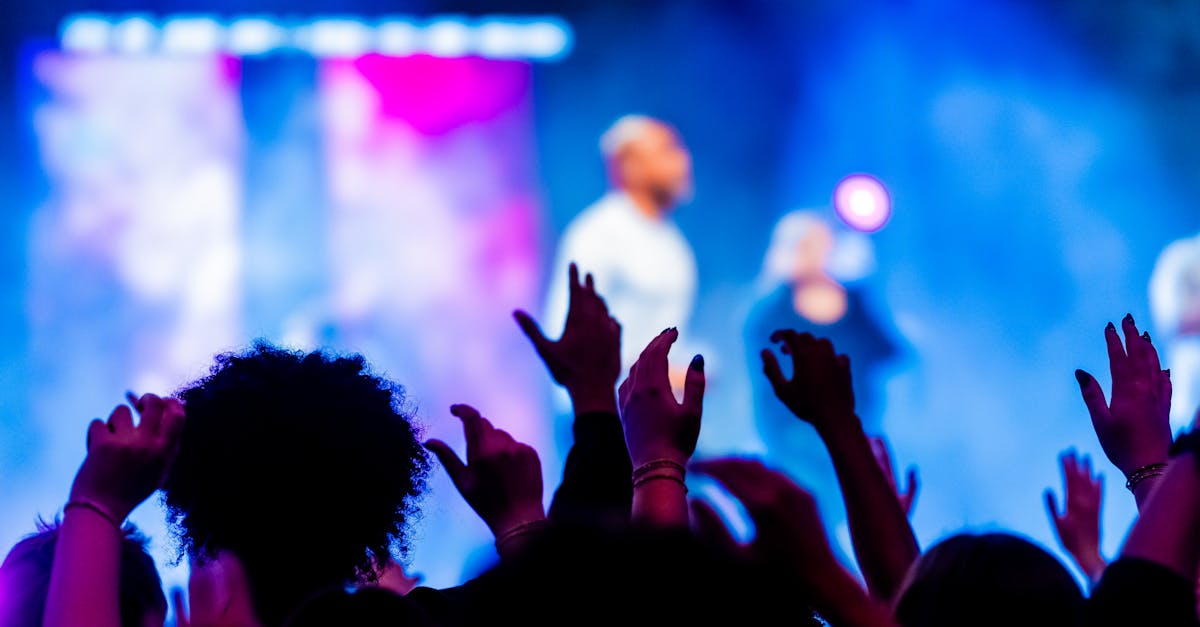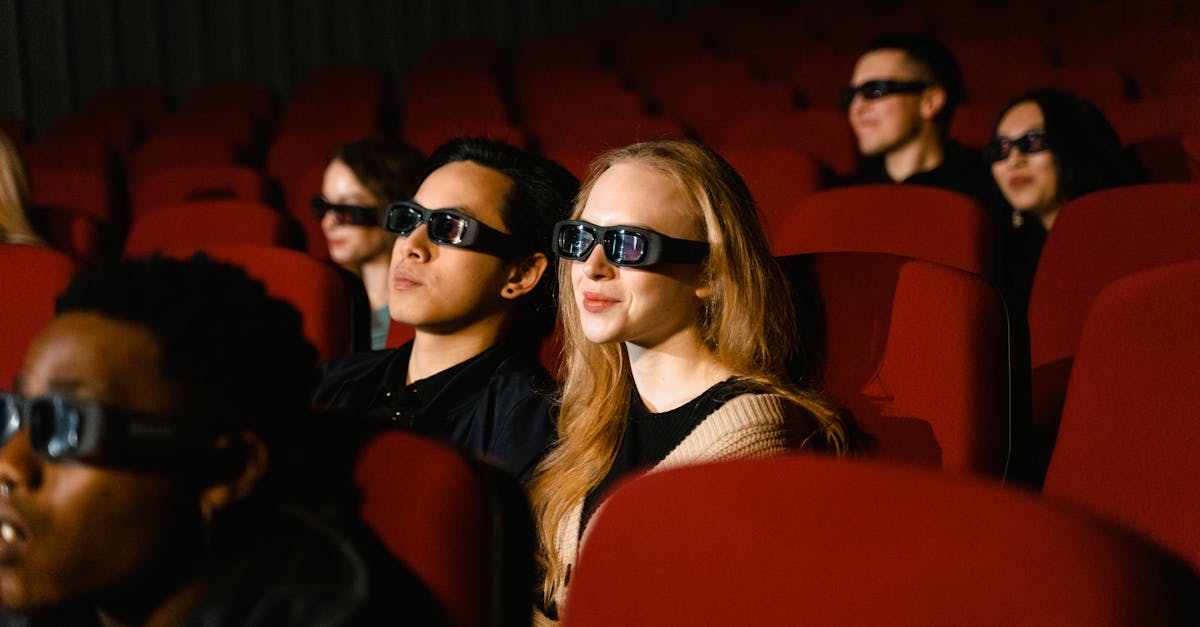The Rise of AI in Music How Tech Changes the Industry
Introduction
The music industry is experiencing a transformative shift, driven by the rise of artificial intelligence (AI). From composing charts-topping hits to personalizing listener experiences, AI is reshaping how music is made and consumed. This article delves into the effects of AI's emergence in the music domain.
Advertisement
Automated Music Composition
AI has made strides in composing original music, often indistinguishable from human-made pieces. Algorithms can now analyze compositions and generate new music, blending different styles and genres. This technological advancement allows for rapid song creation, paving the way for AI-generated top hits.
Advertisement
Music Personalization
AI's ability to analyze data facilitates highly personalized listening experiences. Platforms like Spotify and Apple Music harness AI to recommend songs tailored to individual preferences. This personalization enhances user experience and keeps listeners engaged, making music discovery more intuitive and enjoyable.
Advertisement
Sound Engineering and Production
In sound engineering and production, AI tools are helping musicians and producers refine audio quality. AI-driven software can auto-tune vocals, balance sound frequencies, and even master tracks without human interference. This ensures high-quality production standards are met efficiently and cost-effectively.
Advertisement
Lyrics and Songwriting
Beyond melody, AI programs are venturing into lyric generation. By analyzing countless songs, AI can craft compelling lyrics that resonate with audiences. Artists use these algorithms for inspiration or to overcome writer's block, opening new creative avenues in the songwriting process.
Advertisement
Enhancing Live Performances
AI has also penetrated live performances, offering real-time assistance to musicians. Technologies like holograms, virtual reality, and AI-driven lighting systems create immersive live events. These innovations redefine concert experiences for audiences, blending technology with traditional musical expressions.
Advertisement
Music Marketing and Promotion
AI is transforming music marketing strategies by predicting trends and optimizing promotional campaigns. It analyzes streaming patterns, social media engagement, and fan interactions to identify the best marketing channels. Artists can leverage this data-driven approach, reaching broader audiences more effectively.
Advertisement
Intellectual Property and Copyright
With AI-created music becoming prevalent, questions regarding copyright and ownership arise. Legal frameworks struggle to keep pace with this innovation, leading to debates over intellectual property rights. The music industry faces challenges defining who 'owns' AI-generated music and protecting artists' interests.
Advertisement
Challenges and Opportunities
Despite the potential, AI's integration into music poses challenges, including creativity concerns and job displacement. However, it offers opportunities for collaboration between technology and human artists. The synergy between AI's analytical power and humans' emotional intelligence can lead to groundbreaking musical expressions.
Advertisement
Conclusion
AI's role in the music industry is undeniable, altering how music is created, distributed, and experienced. As technology continues to evolve, the collaboration between AI and musicians will unlock unprecedented creative possibilities. The future of music promises to be as dynamic as the beats and rhythms it produces.
Advertisement


